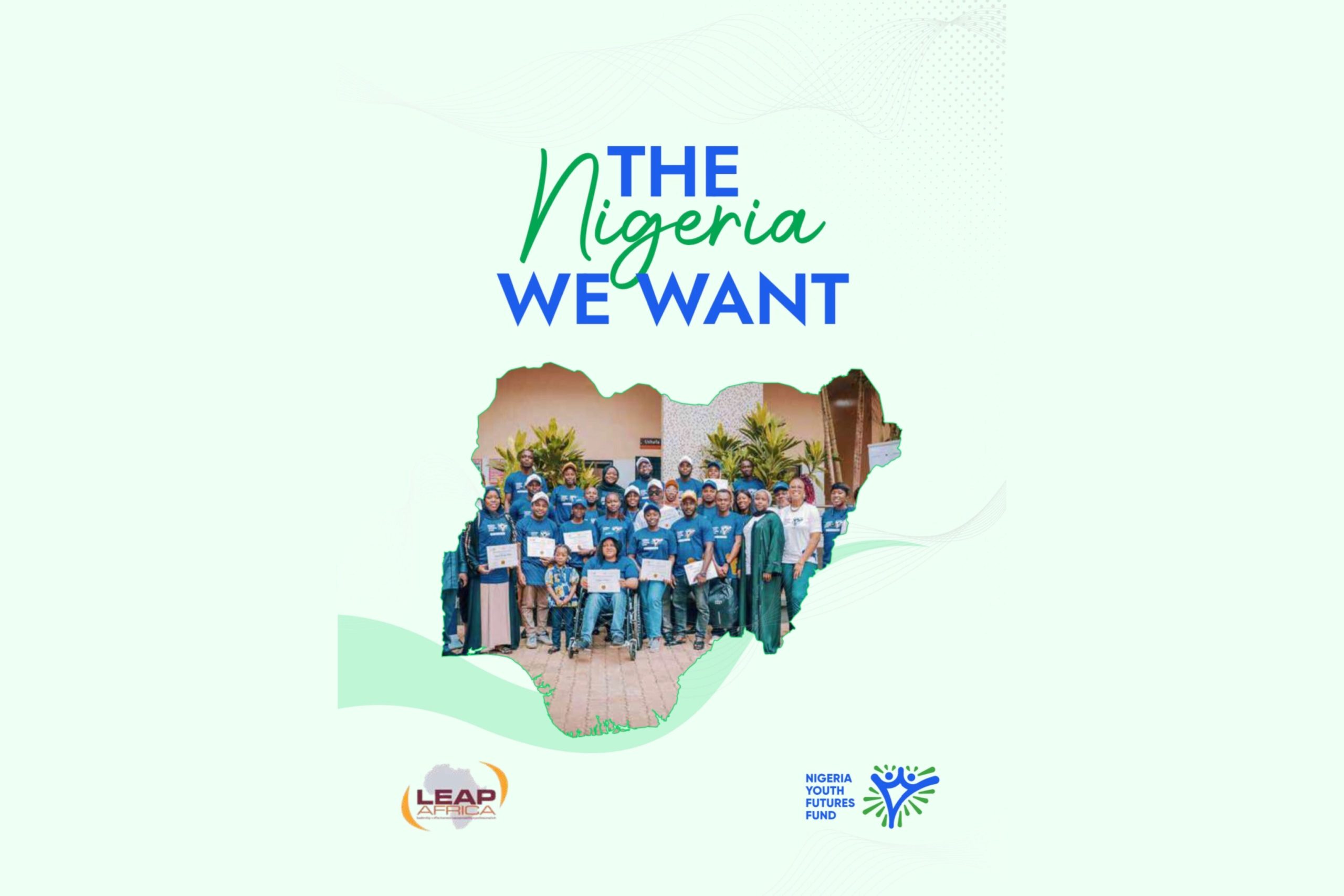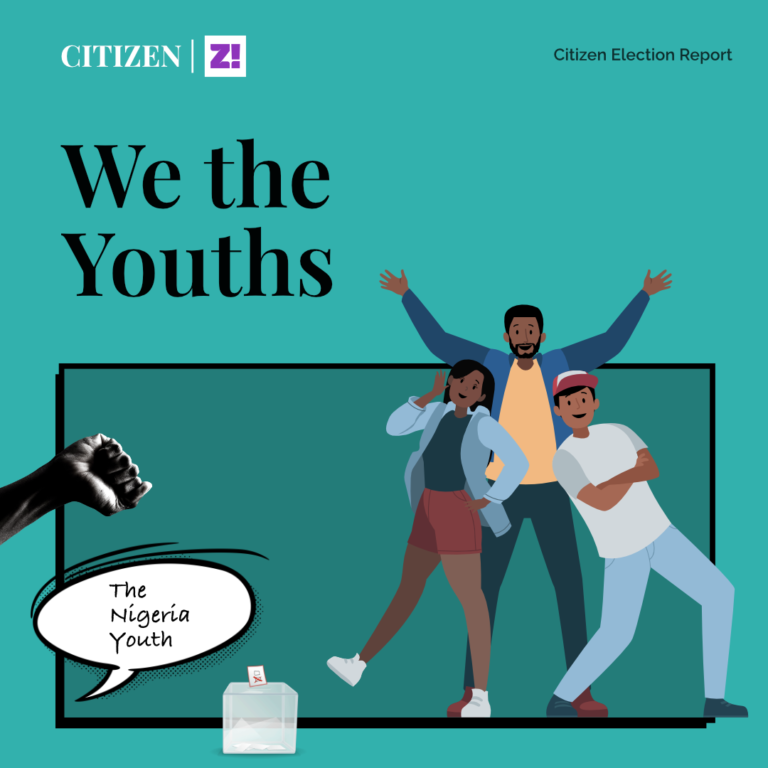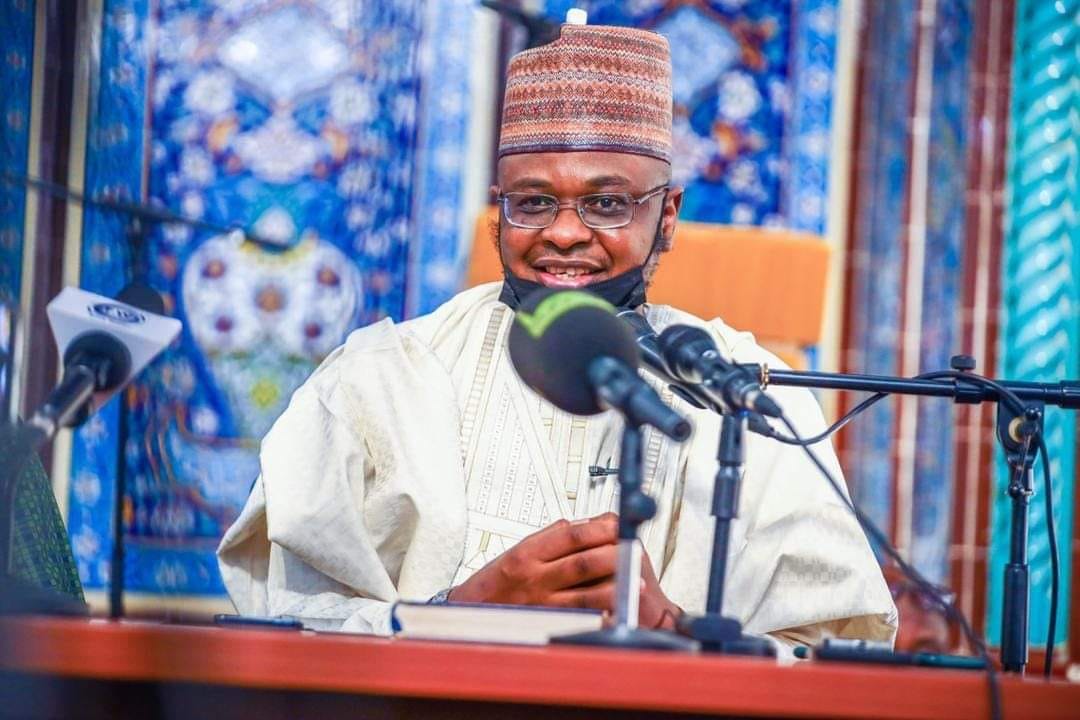If you closely followed the 2023 Nigerian election, you may have noticed Uju Ken-Ohanenye, the only female presidential aspirant from the All Progressives Congress (APC). Despite ultimately stepping down for Bola Ahmed Tinubu at the party’s primary election convention, Ken-Ohanenye’s campaign centred around a compelling message: Nigeria needs a mother to lead the nation.

Nigeria’s political scene has witnessed numerous significant milestones throughout its history. One such landmark moment was the emergence of Sarah Nnadzwa Jibril as the first woman to run for the presidency of Nigeria in 1992. Her courageous foray into the male-dominated political arena marked a crucial step towards gender inclusivity. It paved the way for future generations of women like Ken-Ohanneye in Nigerian politics.
Sarah Nnadzwa Jibril’s exceptional accomplishments shed light on an overlooked aspect of Nigeria’s political history and landscape, underscoring the need for improved discourse around our historical narratives.
To gain a comprehensive understanding of Nigeria’s really cool and interesting political journey like this, every citizen should explore the Citizen Election Report.
Sarah Nnadzwa Jibril’s Trailblazing Candidature
Sarah Nnadzwa Jibril, a formidable force in Nigerian politics, etched her name in history by becoming the first woman to contest the Nigerian presidency. Her political journey began in 1992, when she ran as a candidate for the Social Democratic Party (SDP). With her vision, determination, and passion for social justice, she captured the attention of the Nigerian electorate and inspired women across the nation. Despite the challenges and gender biases she encountered, Jibril fearlessly pressed forward, determined to break down barriers and create opportunities for women in Nigerian politics.

In 1998, Jibril again joined the People’s Democratic Party (PDP) and vied for the presidency. Her candidature is one visible way women have challenged societal norms and expectations. While she may not have secured the presidency, her groundbreaking campaign left an indelible mark on Nigeria’s political landscape.
Jibril’s trailblazing efforts have paved the way for subsequent generations of women who have attempted to become the country’s president.
Hopefully, Nigeria’s highest political officeholder will be a woman one day.
Exploring Nigeria’s Political Journey
To gain a comprehensive understanding of Nigeria’s political history and the strides made towards a more inclusive democracy, the Citizen Election Report is an essential resource. This comprehensive guide provides a thorough analysis of Nigeria’s political scene from 1999 to the present, delving into key events, electoral reforms, and the evolving political landscape. By reading this report, citizens can gain valuable insights into the challenges faced, the progress made, and the vision for Nigeria’s political future.
Download the Citizen Election Report: Navigating Nigeria’s Political Journey
By understanding Nigeria’s political journey and the contributions of trailblazers like Sarah Nnadzwa Jibril, citizens can actively participate in shaping the country’s democratic landscape. The Citizen Election Report is a vital tool for empowering citizens, especially young Nigerians, to engage in informed discussions and make well-informed decisions regarding Nigeria’s political scene.




